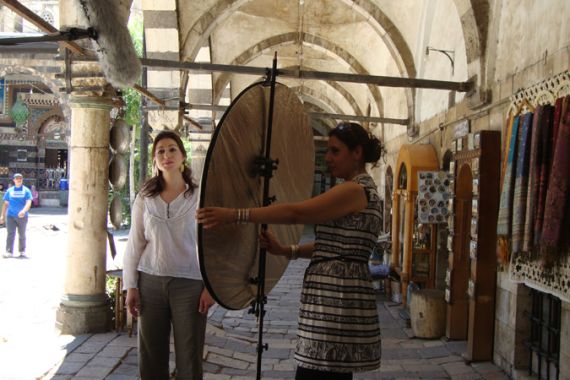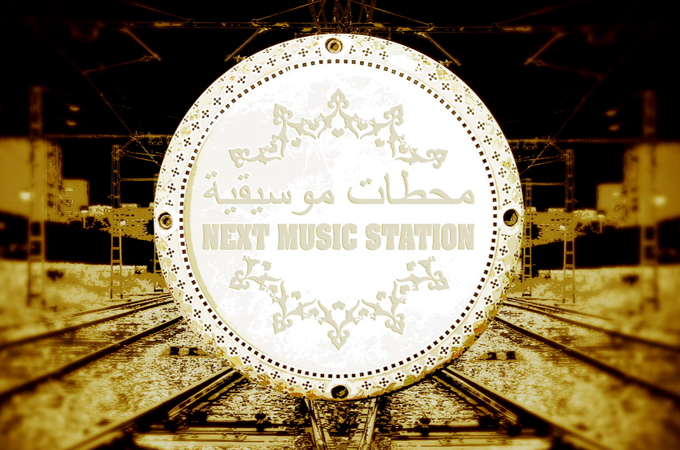Traditional Levantine sounds fused with music from a new generation inspired by rock and hip-hop.
Next Music Station is an odyssey through the rhythms of the Arab world.
Keep reading
list of 4 itemslist 1 of 4list 2 of 4list 3 of 4list 4 of 4end of listA year in production, with nine countries visited and more than 80 musicians interviewed, this series by musician and documentary filmmaker Fermin Muguruza paints a ‘soundscape’ of the Arab music scene.
From Morocco to the Gulf, Next Music Station takes us on a journey, exploring the music of different Arab countries, en route addressing issues of tradition and modernity, the struggles of the present and the yearning for a brighter future.
In the latest episode we travel to Syria, where tradition and modernity are uniting the country.
Jumana al-Yasiri, an expert in Syrian music who guides us through this episode, plunges us straight into the Syrian contemporary music scene through soulful voices.
Local musicians and others from Palestine and Armenia find inspiration through melodies. Their compositions range from classical to traditional rhythms, religious chants to hip-hop, rock and heavy-metal.
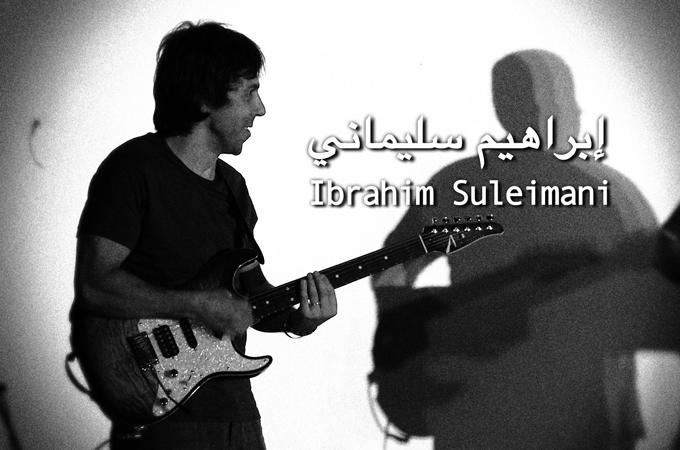 | | Ibrahim Suleimani |
This singers’ passion for rock music has turned him into one of the best guitar players in his country. This fact has allowed Suleimani to participate in artistic projects with important foreign musicians in other countries, including Lebanon, Jordan and the Emirates. |
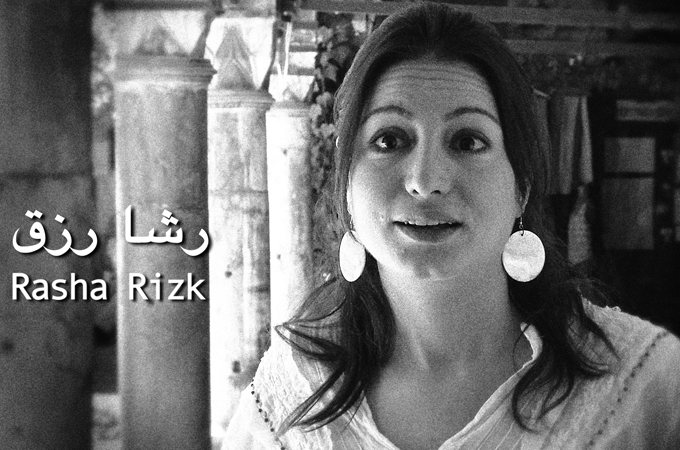 | | Rasha Rizk |
Rasha Rizk collaborated with musician Ibrahim Sulemaini before starting her solo career where the balance in the combination of sounds and harmonies from both East and West has become the main feature of her compositions. Her voice is included in the original soundtrack of the movie Caramel. |
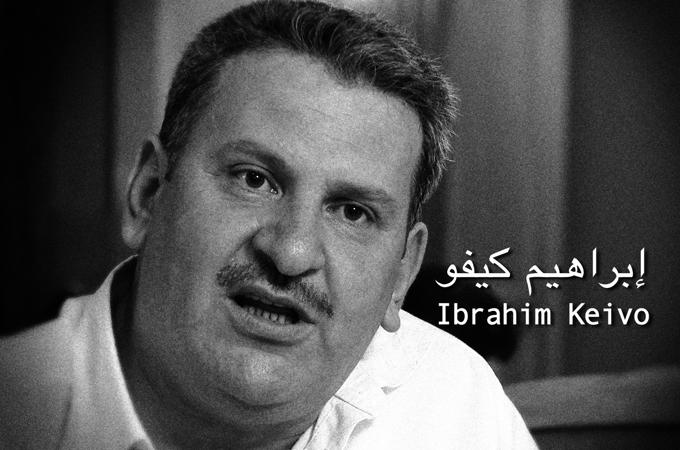 | | Ibrahim Keivo |
Although Armenian born, through his music Keivo shows the sounds, languages, dialects, cultures and religions which belong to the Syria’s musical heritage. |
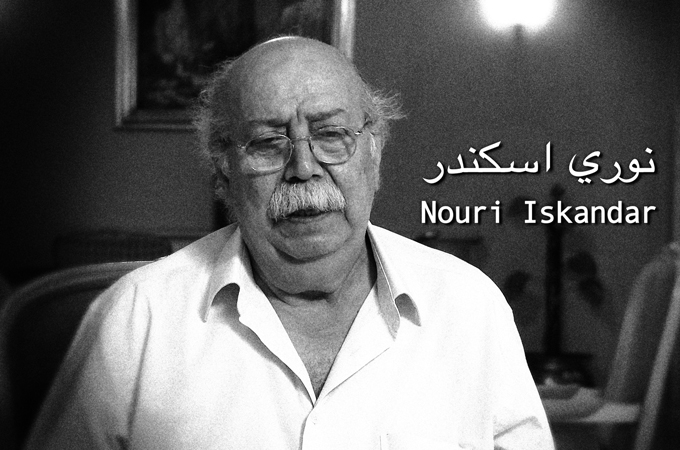 | | Nouri Iskandar |
This singer stands out for his ability to compose Syrian songs and to perform a wide range of musical genres from religious music to pop, rock or jazz. |
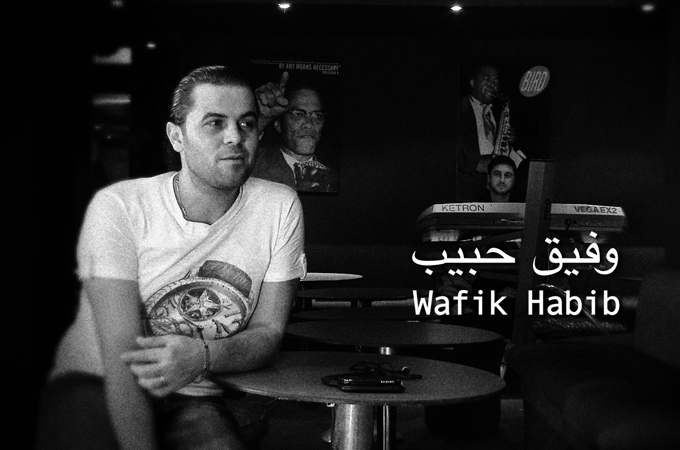 | | Wafik Habib |
He started his career singing popular and folklore songs which were connected to music types such as the jafleh, the sheeleh or the mawwal. Later on, Habib developed his own music compositions which have introduced new rhythms to these styles. |
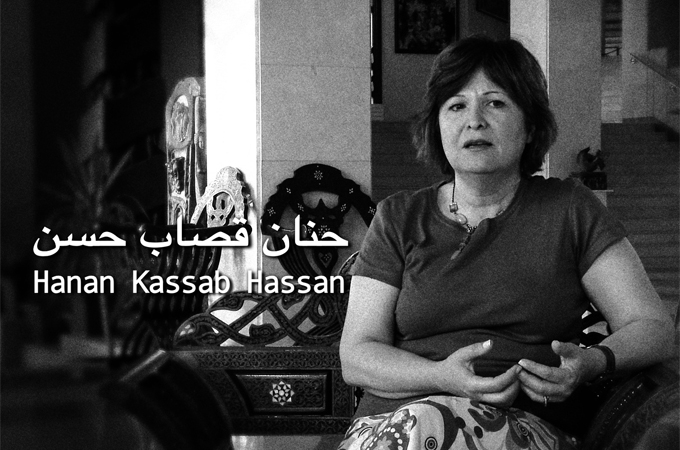 | | Hanan Kassab Hassan |
Hanan Kassab Hassan is the director of the Opera House in Damascus where classical and contemporary concerts of Western and Eastern music are performed. As director of the institution, Kassab’s major aim has been to bring music closer to a younger audience. |
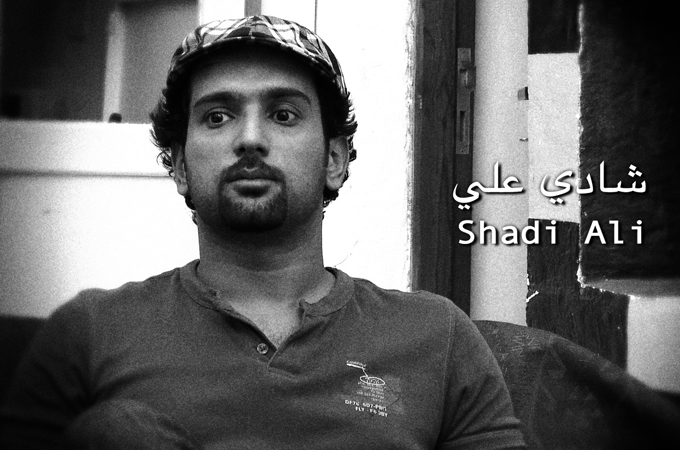 | | Shadi Ali |
Alhough he has been educated in classical opera, he combines Eastern styles with the intensity of transgressive rock to create his own sound. |
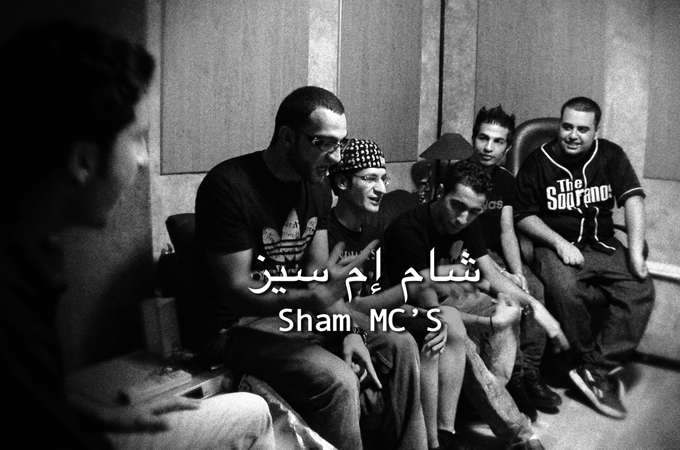 | | Sham MC’s |
This rap group settled in Damascus, uses hip-hop as its musical expression to talk about their city’s social problems. Their lyrics are in Arab and English. |
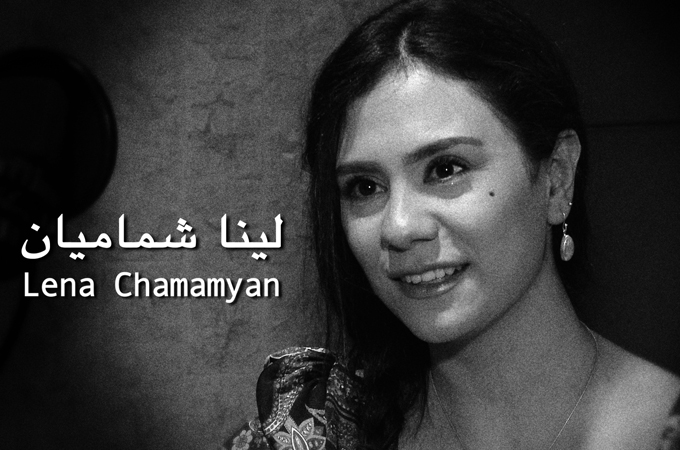 | | Lena Chamamyan |
Even though she was educated in classical music, she found her personal style combining Armenian music with traditional jazz. Chamanayan has published several albums and has collaborated with different musicians on other projects. |
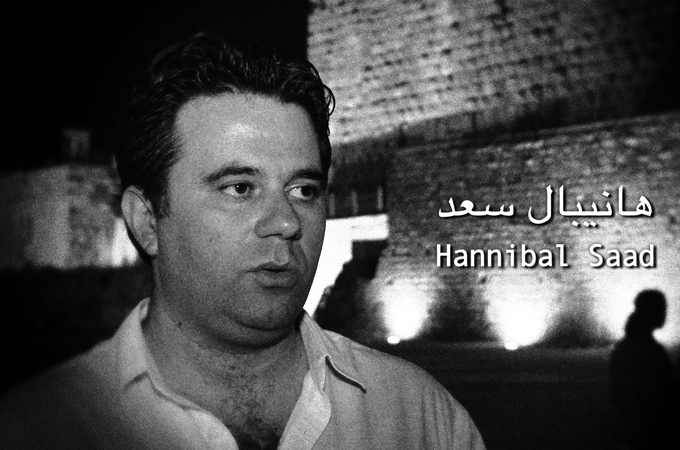 | | Hannibal Sadd |
Hannibal Saad is director of the Syrian Jazz Orchestra. His work is focused on the preservation of the Syrian musical heritage through contemporary music. His orchestra, created in 2005, combines the diversity of the maqam and the Arab traditional music with jazz improvisation. |
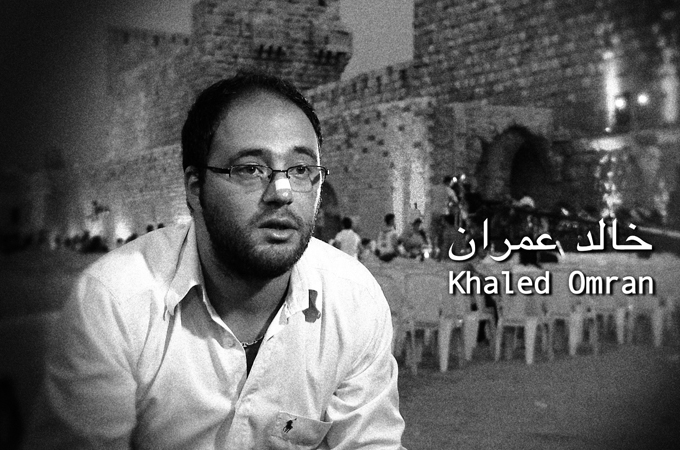 | | Khaled Omran |
Khaled Omran is considered one of the best bass players of his generation. He is one of the main members of the Syrian Jazz Orchestra in which he actively takes part making important contributions such as the introduction of rap songs to some of his performances. |
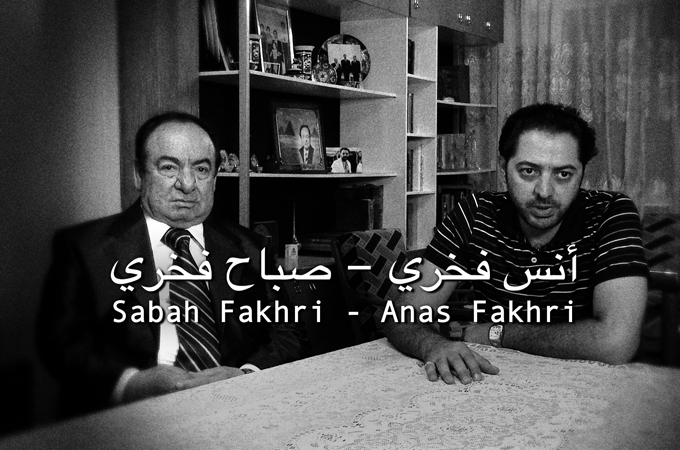 | | Sabah and Anas Fakhri |
Sabah Fakhri is the master of Tarab. Born in Aleppo his wide repertoire includes classic and contemporary Arab poetry and different music types such as the qudood, the muwashahat, the shaabi or themawwal. His son Anas Fakhri, fuses Arab classical music with heavy metal rhythms creating a very personal style where tradition and modernity meet. |
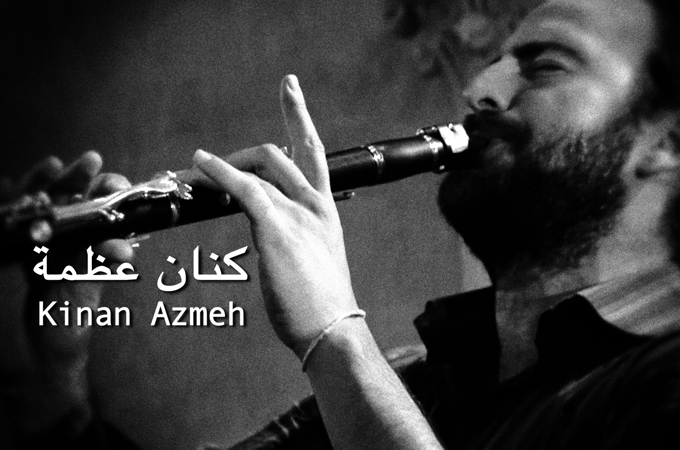 | | Kinan Azmeh |
Kinan Azmeh started playing the clarinet when he was just six years old. His aim to build bridges between cultures is reflected in his music full of Arab and Western references. In 1997, he was the first Arab musician to win the First Prize at the Nicolay Rubinstein Youth International Competition.
|
|
Syria’s soulful rhythm airs from Saturday, August 27, at the following times GMT: Saturday: 2000; Sunday: 1200; Monday: 0100; Tuesday: 0600.
Click here for more on the series. |
